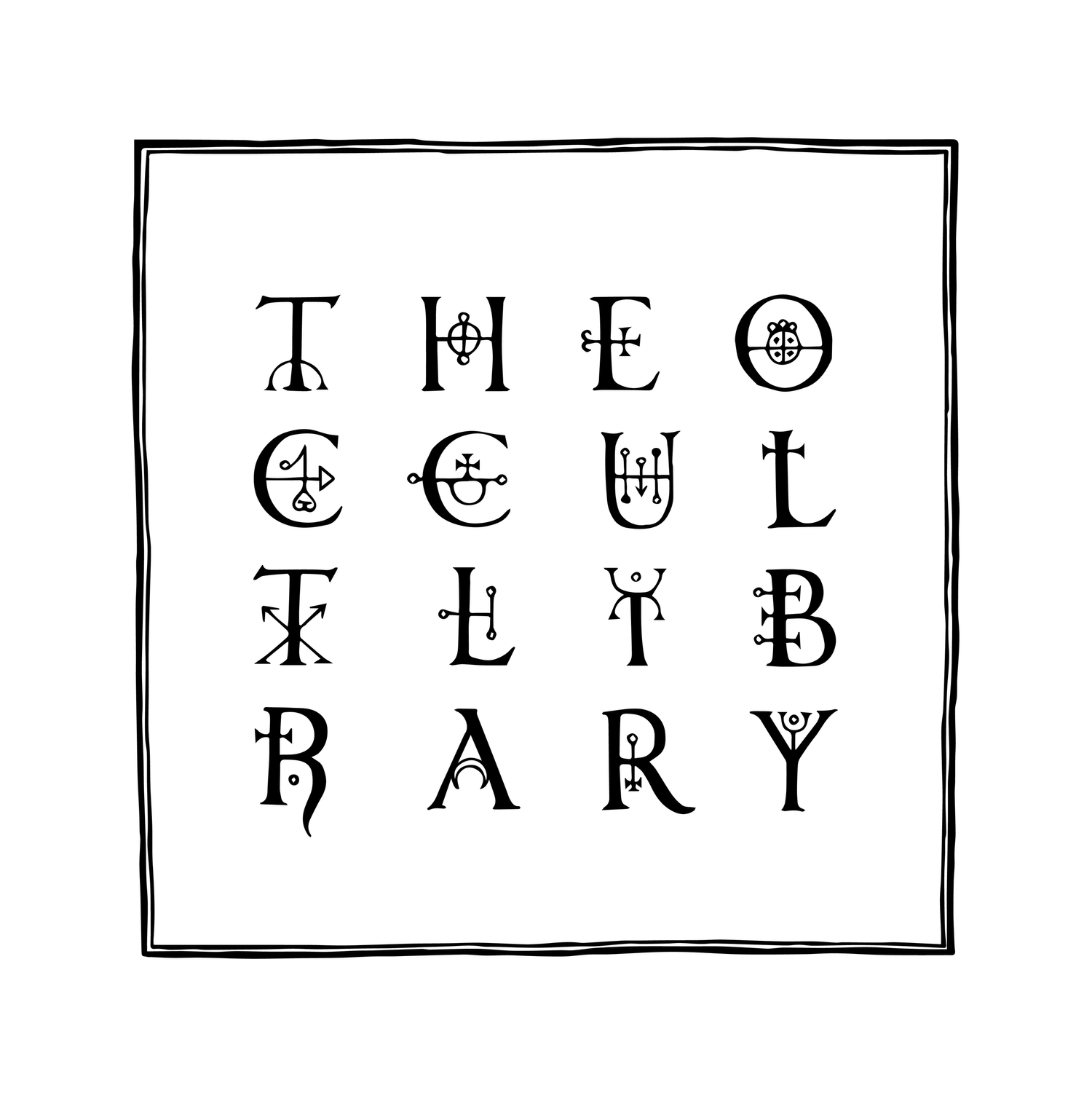Tartaros
The magical doctrines of the ancient Orphics and Pythagoreans are poorly understood by modern scholars, in part because they were secretive in their own time. Well-known for speaking in riddles and complex ciphers, its adepts were bound by strict taboo and silence, the breaking of which was punishable by death. The enigma of the cult’s teachings was further shrouded by centuries of suppression, and, in some cases, appropriation or misrepresentation, by the growing forces of Christianity. What remains today are the fragments of its lost books, together with the words of those who, for good or ill, wrote about them. In an original interpretation and synthesis apt for today’s student of ancient mysticism and the occult, August Alm advances a new conception of these ancient mystery-cults and their sublime doctrines of Chaos, Darkness and Light.
A foundational part of these ancient Greek mystery-cults was the concept of Tartaros. As the abyss of primeval darkness and chaos, Tartaros was, in its most ancient conception, the birthplace of the human soul and the cosmos itself. This vast and incomprehensible dominion held at its center a great fire, an Axis Mundi about which the universe was arranged. In later eras, it passed into myth as a vast and voidful underworld; a place of binding for condemned souls and the enemies of gods, sealed fast with barriers of bronze and iron. Christians later appropriated it as a partition of their own concept of eternal punishment, a division of hell which constrained no less than the fallen angels.
An equally enigmatic Pythagorean cipher is the symbol of the Pentagram, or five-fold star, whose form has been revered in western magic for some three millennia, but whose origins and original attributes are shrouded in mystery. Its attribution to the four elements, joined together with aither, was popularized in the middle ages and is its best-known meaning in modern occult sciences. However, its earlier Pythagorean usage was related to health and well-being, and almost certainly adumbrated another retinue of arcana, one which was ancient even at the time of Pythagoras.
Exhuming the scattered fragments of these two elder doctrines of Tartaros and the Pentagram, Alm examines their reverberation as occult –and occluded-- concepts through centuries of philosophical thought, in a line connecting the shadowy teachings of such ‘dark traditions’ as the Orphics and the Pythagoreans, later penetrating the adyta of Neoplatonism. Arguing for a new undertanding of the Pentagram, he connects its fivefold mystery to the great powers of Tartaros, and also to such terrifying gods such as Hecate, Nyx, Erebos, Typhon, Cerberus, and the Erinyes. This strand of mystery touches upon such related concepts as the high theogony implicit within the Platonic Solids, the shadowy influence of the Cult of the Idaean Dactyls on Pythagoreanism, the Light which is rooted in Darkness, and the magical pathology of the ‘Unrooted Tree’.
Hardcover Edition
Full bronze cloth with dust jacket. Limited to 625 hand-numbered copies
Deluxe Edition
Full iridescent charcoal ginga with special endpapers. Limited to 125 hand-numbered copies
Special Edition
Full antique gray goatskin, with hand-marbled endpapers and signed by the Author. Limited to 25 copies

